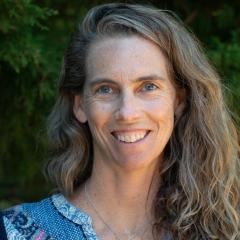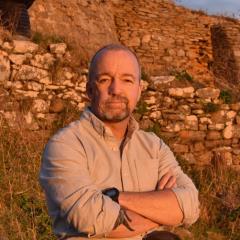Recommendations for Sustainable Boating in California
Written by Collen Callahan
I would like to share the below announcement about "Soak it Up! A Briefing Paper on the Impacts of Oil Spills and Leaks with Strategies for Sustainability," made possible through a Switzer Network Innovation grant. You can read the original article here. Thank you to Lissa Widoff, Executive Director of the Switzer Foundation, who connected me with Switzer Fellows Leslie Abramson, Caitlin Mullan Crain, Linwood Pendleton, and Karleen Boyle Sudol. These Fellows provided insightful feedback and helpful advice throughout the study; I greatly appreciate their support and collaboration. I welcome other Switzer Fellow to get involved in the next phase of the project involving outreach and advocacy…
The Los Angeles Sustainability Collaborative, with support from the Switzer Foundation, is pleased to present “Soak it Up! A Briefing Paper on the Impacts of Oil Leaks and Spills from Recreational Boating and Strategies for Sustainability.” This report investigates the world of recreational boating and recommends strategies for sustainable boating in California, with applicability to other US states.
At least 96 percent of surveyed motor boaters in California report that oil leaks into the bottom of their boat’s bilge or engine compartment most of the time or every time they use their boat. These incidental leaks add up to a significant, but under-explored problem that requires solutions to protect our water resources.
LASC partnered with Model Environment volunteers Carla Houston and Nina Smidt, who had been providing boaters environmental education in Southern California with the Dockwalkers program. They found the number of daily oil spills and leaks alarming and contacted the LASC. Colleen Callahan, LASC Research Director, and LASC Fellow Matthew Christensen authored the paper, incorporating data and insights from recreational boaters, scientists and policy experts, many of whom are part of the Switzer Foundation network.
This collaboration and the resulting paper was made possible by a Network Innovations Grants from the Switzer Foundation. Another partner on the project, the organization Environment California, seeks to use the paper’s recommendations to inform a legislative campaign.
The briefing paper is available at www.lasustainability.org


